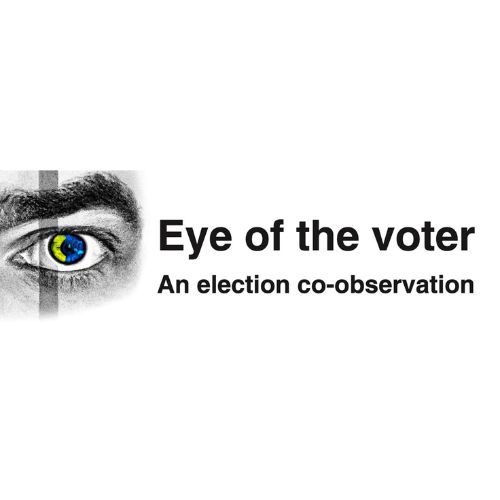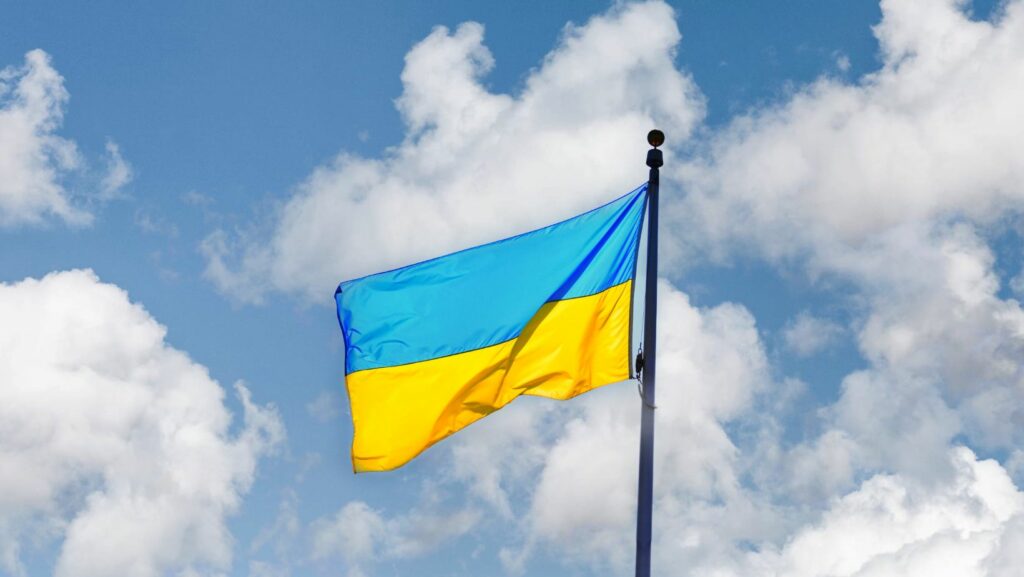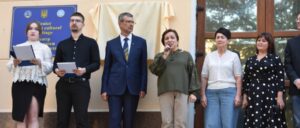Alda+ took centre stage in the promotional efforts of the Alta Via della Grande Guerra project, showcasing its splendours at the BIT – BORSA INTERNAZIONALE DEL TURISMO (International Tourism Exchange) in Milan on Tuesday, February 6. The project, spearheaded by the Province of Vicenza, was unveiled during a joint press conference with UNPLI Veneto, featuring the presence of Dr. Marco Boaria.
During the conference, Councilor Valter Orsi passionately presented the meticulously crafted Alta Via della Grande Guerra, a captivating itinerary winding through the historically significant landscapes of the First World War.
Describing it as a « path of historical-naturalistic regeneration of the Vicenza Pre-Alps, » Councilor Orsi highlighted the unspoiled beauty of the route, offering breathtaking mountain views. He emphasised that the Alta Via della Grande Guerra provides a unique tourist experience for those eager to immerse themselves in the mountains. The route is designed for both hiking and cycling enthusiasts, accommodating families and providing a journey through an open-air ecomuseum showcasing World War I trenches, emplacements, forts, and fortifications.
The Alta Via della Grande Guerra provides a unique tourist experience for those eager to immerse themselves in the mountain
A project of cohesion and promotion of the Vicenza mountains with the aim of recounting and divulging the dramatic events that occurred on these heights during the First World War.
As a consequence, the international fair was a unique opportunity to promote the AVGG initiative and its territorial area, spreading the project purposes and the wide collaboration between municipalities and associations that cooperate all together.
Stretching across the north of the Province of Vicenza, the Alta Via della Grande Guerra unfolds from west to east, inviting explorers to discover the enchanting corners of the Vicenza Pre-Alps. Comprising approximately 20 stages, the trail boasts picturesque locations, rich history, flourishing nature, cultural landmarks, traditional shepherd’s huts known as malghe, and convenient refreshment points. Certain segments of the route are even suitable for cycling excursions.
The Alta Via della Grande Guerra delle Prealpi Vicentine spans about 200 kilometres, delving into landscapes that a century ago witnessed pivotal events shaping not only the local territories but also modern history. Linking the four symbolic military shrines of the Province of Vicenza – Pasubio, Cimone, Asiago, and Grappa – the itinerary seamlessly integrates multiple CAI paths, traversing key First World War memory sites.
With a focus on the Pasubio, Novegno, and Cimone mountains, the Altopiano dei Sette Comuni, and the Grappa massif, the project endeavours to promote the Vicenza mountains. The ultimate goal is to bring historical sites to light, inviting visitors to rediscover and appreciate the enduring significance of these locations in the present day.
For more detailed information, please visit the website page.
🇮🇹 ITALIAN VERSION
Esplorare Storia e Natura: Presentazione dell’Alta Via della Grande Guerra alla BIT – BORSA INTERNAZIONALE DEL TURISMO »
Alda+ ha assunto un ruolo di primo piano nella promozione del progetto Alta Via della Grande Guerra, mostrandone le meraviglie alla BIT – BORSA INTERNAZIONALE DEL TURISMO di Milano il martedì 6 febbraio. Il progetto, guidato dalla Provincia di Vicenza, è stato svelato durante una conferenza stampa congiunta con UNPLI Veneto, alla quale ha partecipato il dott. Marco Boaria.
Durante la conferenza, il Consigliere Valter Orsi ha presentato con passione l’Alta Via della Grande Guerra, un itinerario affascinante che si snoda attraverso paesaggi storicamente significativi della Prima Guerra Mondiale.
Descrivendolo come un « percorso di rigenerazione storico-naturalistica delle Prealpi vicentine« , il Consigliere Orsi ha evidenziato la bellezza incontaminata del percorso, offrendo panorami mozzafiato sulle montagne. Ha sottolineato che l’Alta Via della Grande Guerra offre un’esperienza turistica unica per coloro che desiderano immergersi nella montagna. Il percorso è adatto sia agli appassionati di escursionismo che a chi ama la bicicletta, accogliendo le famiglie e offrendo un viaggio attraverso un ecomuseo a cielo aperto che presenta trincee, postazioni, forti e fortificazioni della Prima Guerra Mondiale.
L’Alta Via della Grande Guerra offre un’esperienza turistica unica per coloro che desiderano immergersi nella montagna
Steso lungo il nord della Provincia di Vicenza, l’Alta Via della Grande Guerra si snoda da ovest a est, invitando gli esploratori a scoprire gli angoli incantevoli delle Prealpi Vicentine. Comprendente circa 20 tappe, il percorso vanta località pittoresche, una ricca storia, una natura rigogliosa, punti culturali, tradizionali malghe e comodi punti di ristoro. Alcuni tratti del percorso sono adatti anche per escursioni in bicicletta.
L’Alta Via della Grande Guerra delle Prealpi Vicentine si estende per circa 200 chilometri, immergendosi in paesaggi che cento anni fa furono teatro di eventi cruciali che hanno segnato non solo i territori locali ma l’intera storia moderna. Collegando i quattro sacrari militari simbolici della Provincia di Vicenza – Pasubio, Cimone, Asiago e Grappa – l’itinerario integra senza soluzione di continuità diversi sentieri CAI, attraversando i principali luoghi di memoria della Prima Guerra Mondiale.
Con un focus sui monti Pasubio, Novegno e Cimone, sull’Altopiano dei Sette Comuni e sul massiccio del Grappa, il progetto mira a promuovere le montagne vicentine. L’obiettivo finale è portare alla luce luoghi storici, invitando i visitatori a riscoprire e apprezzare la significativa importanza di questi luoghi anche ai giorni nostri.
Per ulteriori informazioni dettagliate, si prega di visitare la pagina web.






